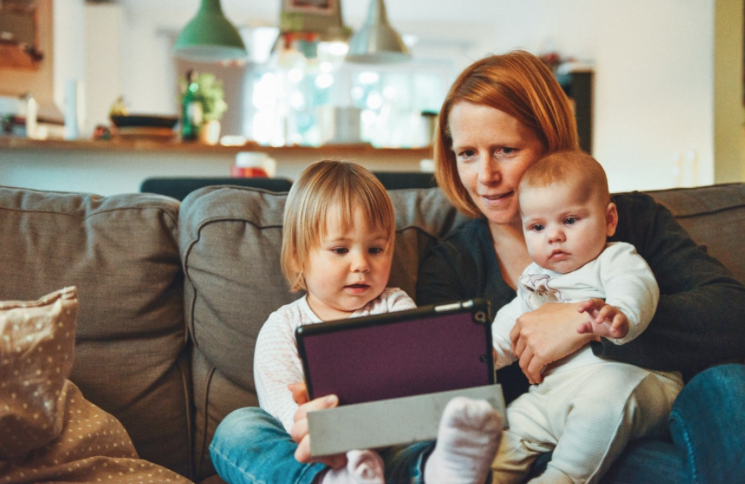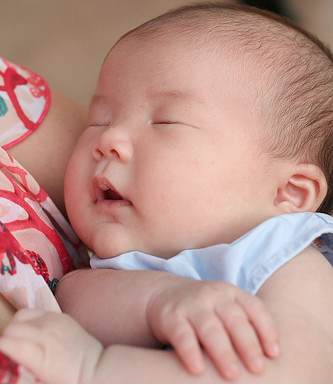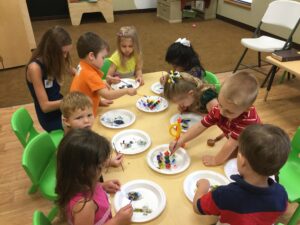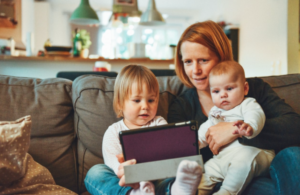
Ready to be a parent?
12% of new parents felt very prepared to become a parent.
50% were surprised by the lack of sleep new parents get
37% surprised how hard it can be to get a new baby to fall asleep
31% unaware of the amount of stuff a baby needs.
Speaking of all the Baby Stuff
More than half of parents (56 percent) revealed that their baby has a more expensive personal care routine than them.
Additionally, on average, parents revealed that their diaper bag has about 10 items in it.
“The beauty of modern parenting is that we can all connect on the fact that no one has it all together,” said Jeanne Collins, Prestige Consumer Healthcare. “Not only is it about laughing through the little mishaps that happen along the way, but also finding solutions that uniquely work for you as a parent..”
Who Parents Turn To for Advice?
- When they need parenting advice, those surveyed turn first to their partner (42 percent), then to their mother (41 percent) or to other parents (31 percent).
- In this modern day and age, 17 percent also rely on the internet for parenting questions and almost 10 percent look toward social media for advice.
First Time Second Moms
84% of moms reported clear differences between being a mom of one and being a mom of two.
50% moms expected that parenting would be harder with two children,
44 % found that being a mom of two is more difficult.
90% had a greater sense of confidence as a parent
48 percent realized it’s okay that they “can’t do it all.”
One in three moms reported worrying less and having less anxiety with baby number two compared with baby number one.
50% of moms reported financial obligations were more stressful after their second child arrived.
71% are more likely to shop for store brands and other lower-cost options for things such as diapers, baby wipes, and infant formula with baby number two.
63% of moms reported the biggest lesson from baby number two was knowing you don’t need the latest gadget to have a happy baby.
“Second-time moms are more cost-conscious and feel more confident choosing a store brand infant formula because they realize store brand formula provides the same complete nutrition for baby as the more expensive name brands,” said Rallie McAllister, MD, MPH, family physician and co-author of The Mommy MD Guide to Feeding Your Baby Right.“All infant formulas are required to meet the same FDA standards, which means store brand infant formula has the same high quality as the nationally advertised brands and can also save families up to $900 a year.”1
Top Challenges for Second-time Moms
71% report it is difficult to split attention among children
54% report greater emotional demands
47% double the workload
45% less sleep
57% of moms reported less time to relax with baby number two
44% percent wish others had told them that self-care would be more important than ever with the arrival another newborn.
Taking a bath, exercising, and having a glass of wine ranked highest for the best ways to unwind for some much needed “me time.” For moms looking to find the perfect balance of parenting and personal time, using parenting resources is an easy way to help navigate the challenges of caring for more than one child.
Survey sources :Boudreaux’s Butt Paste and www.storebrandformula.com/second-time-mom-survey.










